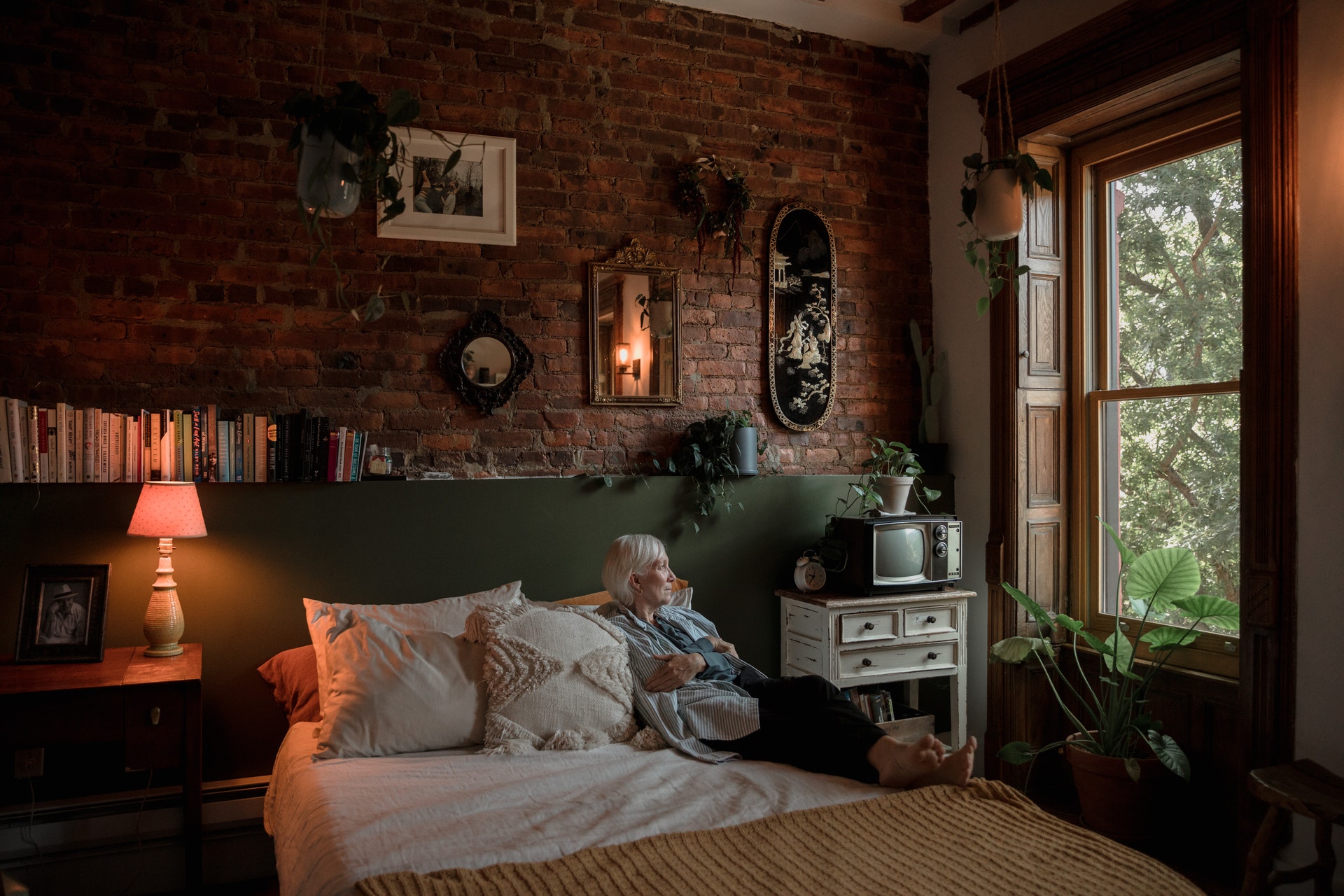Understanding Elder Abuse: Preventing Harm And Taking Legal Action

Aging Matters
Our parents and elders raised, mentored, and protected us throughout our infancy, childhood, adolescence, and even adulthood. Every individual deserves to be treated with basic human decency, especially in their later years of life. Unfortunately, the reality is that many of our elders are neglected, harmed, and exploited.
Aging individuals are often forgotten or unseen by society at large, and their issues are not given the attention they deserve. Our awareness and understanding of elder abuse is decades behind that of child abuse and domestic violence. The Centers for Disease Control and Prevention (CDC) defines an older adult as someone who is age 60 or older. The CDC reports that elder abuse “is experienced by about 1 in 10 people aged 60 and older who live at home. From 2002 to 2016, more than 643,000 older adults were treated in the emergency department for nonfatal assaults and over 19,000 homicides occurred.”
What Is Elder Abuse?
Elder abuse is any intentional act or failure to act that causes or leads to the harm of an older adult. Types of abuse include neglect, financial abuse, sexual abuse, physical abuse, and emotional abuse. Elder abuse can leave victims with lasting emotional and physical injuries. Victims become less trusting and comfortable around other individuals.
Elder abuse is pervasive in our society. The heartbreaking reality is that elder abuse can be perpetrated by anyone, including strangers, caretakers, or family members and loved ones.
Preventing Elder Abuse
The physical signs of elder abuse and neglect include: cuts, scratches, bruises, broken bones, constant pain, and soreness. These physical injuries can shorten the lifespan of the elder or exacerbate existing health issues.
We can protect our elders from abuse. Educate yourself on the signs of elder abuse through resources provided by the National Institute on Aging. Learn how the signs of elder abuse differ from the normal and healthy aging process. Do not dismiss your intuition if you suspect harm has been inflicted.
Preventing financial elder abuse may involve monitoring of visits with elder parents and careful selection of trustees, professional fiduciaries and caretakers. In addition, monthly review of bank statements and financial documents to confirm any unusual activity or charges.
Legal Remedies For Elder Abuse
Older adults deserve basic human rights like any other member of society. Elder abuse is unacceptable and punishable by the law. If elder abuse is proven, attorneys’ fees may be recovered against any parties at fault. If you suspect that an elder is being abused, check on them frequently. In any case of immediate danger, dial 911. Listen attentively to aging adults and report abuse to the police and protective services. Most states require that elder abuse be reported by doctors and lawyers. Do not hesitate to contact an attorney to fight for the rights and remedies that you or your elder deserves.
Unfortunately, many elders are afraid to advocate for their rights and lose hope that their situation will improve. Silence only allows for the harm to persist. Help is available. Those who have been harmed deserve protection and compensation. If you or someone you love is a victim of elder abuse, call San Diego Elder Abuse Lawyer Christopher Villasenor to help you with next steps.
Call Us Today: 619-375-2956
Email Us: chris@sdlawfirm.net
Disclaimer: The content of this website or any blog is for information or educational purposes only. Nothing on this website or blog should be considered legal advice for any individual case or matter. This information is not intended to create, and receipt or viewing does not constitute, an attorney-client relationship.
